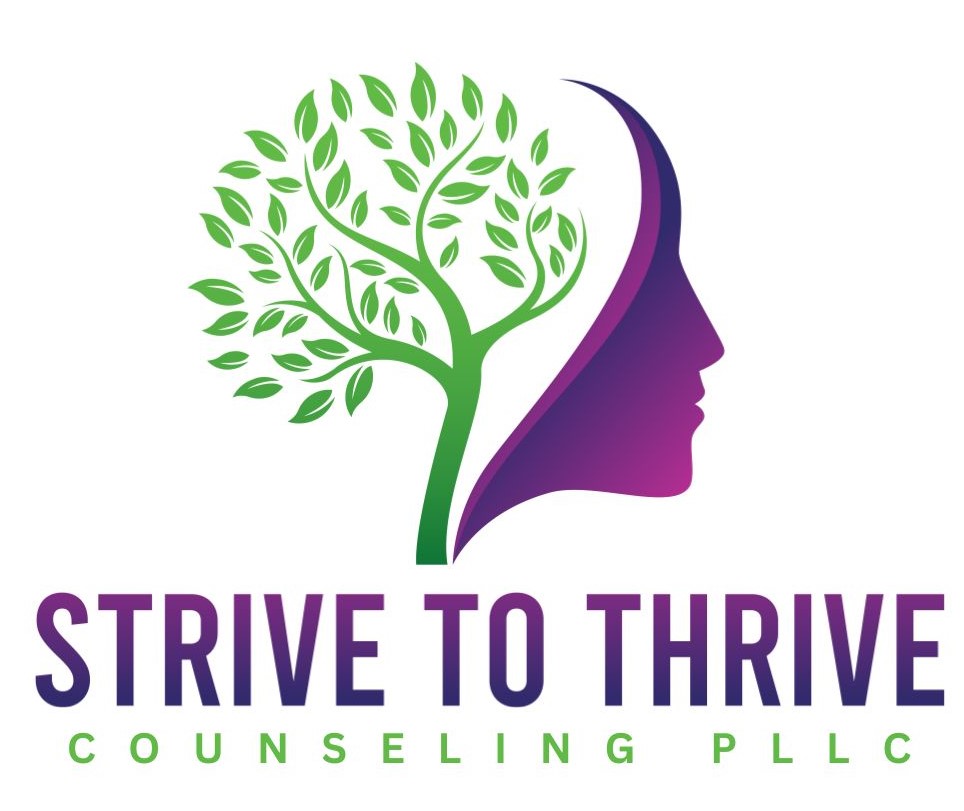According to recent census data, approximately 50% of first marriages end in divorce, one of life’s most stressful events. Although couples become unhappy with their marriages for a variety of reasons, several recurring themes are frequently associated with marital distress. The most frequent problem reported by unhappy couples is poor communication. Spouses often feel that their partners are making excessive demands or requesting much more than they can give. Other spouses feel that their partners are too withdrawn or do not open up enough. Finally, distressed spouses often avoid talking about problems in their relationships because they end up arguing and fighting with each other. These communication problems often result in spouses feeling bad about themselves, their partners, and their relationships. Evidence indicates that individuals who have problems in their marriages are more likely to have a variety of psychological problems, including depression and alcoholism. Compared to individuals who are married and getting along with their spouses, both men and women who are in unhappy marriages are much more likely to be clinically depressed. Distressed spouses are also more susceptible to physical health problems.

Using a combination of techniques, spouses are taught how to identify and increase the number of caring behaviors they do for one another. Second, they are taught specific communication skills to improve the quality of their communication. Improving communication often produces greater emotional closeness and intimacy in marriage. Third, spouses are taught problem-solving skills so that they can successfully resolve problems in their relationship without getting into destructive arguments.
Study results have shown that about 65% to 75% of the couples treated in couples counseling improve substantially at the end of treatment and maintain these gains following treatment. As with all forms of therapy, however, spouses must be committed to improving the quality of their relationship and be willing to make changes in themselves for therapy to be effective.
